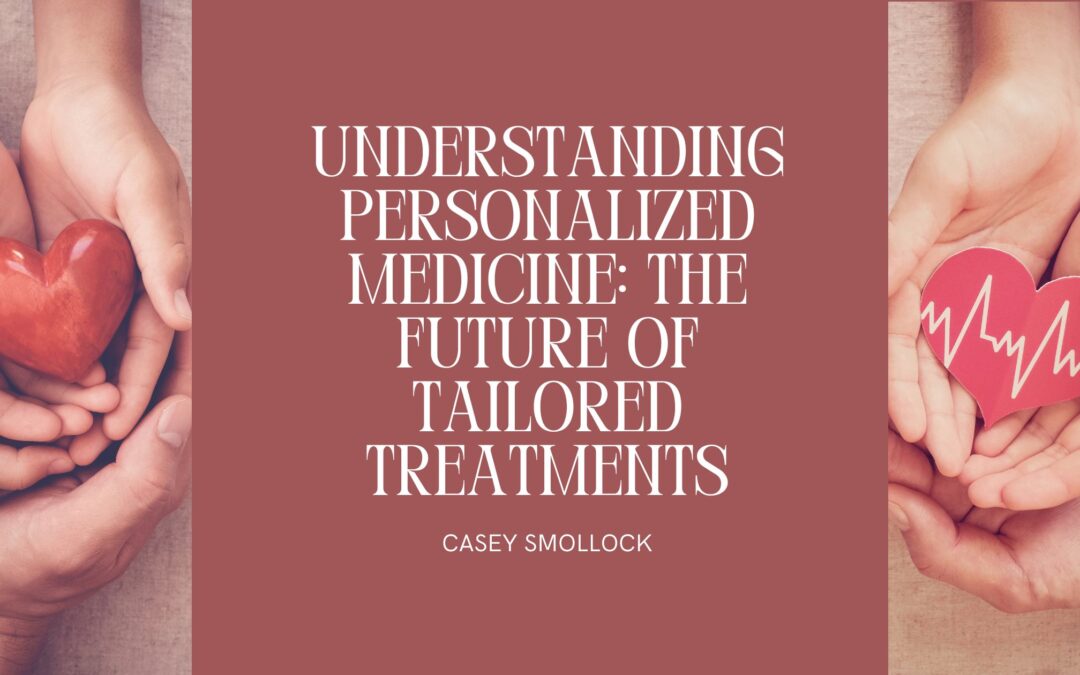Personalized medicine, sometimes referred to as precision medicine, is an innovative approach to healthcare that tailors medical treatments to the individual characteristics of each patient. This approach considers factors such as a patient’s genetics, lifestyle, and environment to develop customized treatment plans. By moving away from the traditional “one-size-fits-all” model, personalized medicine promises to improve treatment outcomes and minimize side effects, offering a more effective and patient-centered approach to healthcare.
At the heart of personalized medicine is genetic testing. Advancements in genomics have made it possible to sequence the human genome at a relatively low cost, providing valuable insights into a patient’s genetic makeup. This information can help identify genetic mutations that may predispose a person to certain diseases, such as cancer, heart disease, or neurological disorders. With this knowledge, healthcare providers can develop targeted treatments that address the root causes of these diseases rather than simply managing symptoms.
In oncology, personalized medicine has shown tremendous promise. By analyzing the genetic profile of a patient’s tumor, doctors can identify specific mutations or markers that may respond better to certain therapies. This has led to the development of targeted therapies, such as chemotherapy drugs designed to attack cancer cells with minimal damage to surrounding healthy tissue. Immunotherapy, which boosts the body’s immune system to fight cancer, is also an example of personalized treatment, as it is tailored to an individual’s immune response.
Personalized medicine is not limited to cancer treatment. In cardiology, genetic testing can help identify individuals at higher risk for heart disease, enabling early interventions to prevent heart attacks or strokes. In psychiatry, genetic and pharmacogenomic testing can help identify the most effective medications for mental health conditions, minimizing trial and error in finding the right treatment.
Another aspect of personalized medicine is lifestyle modifications. By using genetic data and other health indicators, doctors can provide recommendations on diet, exercise, and other habits that are tailored to an individual’s needs. This can help prevent diseases like obesity, diabetes, and hypertension, offering a more proactive approach to health.
Despite its many benefits, personalized medicine also faces challenges. High costs associated with genetic testing and the need for specialized expertise can limit access to these treatments. Additionally, there are concerns about data privacy and the ethical implications of genetic information.
As technology continues to advance, the future of personalized medicine looks bright. With ongoing research and the growing use of artificial intelligence, treatments will become increasingly tailored to individual patients, improving outcomes and reducing healthcare costs. Personalized medicine represents a shift toward more precise, effective, and patient-centered care, making it an exciting frontier in modern healthcare.

